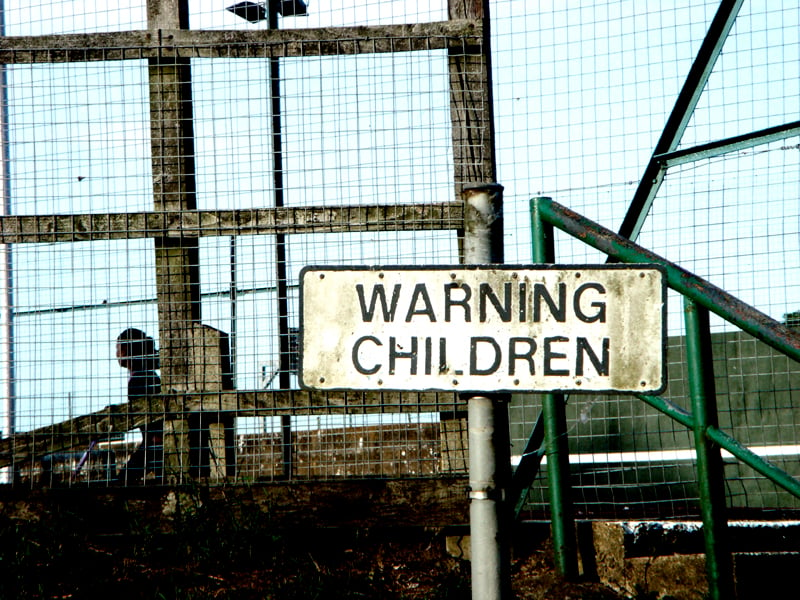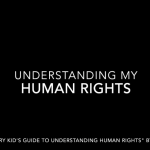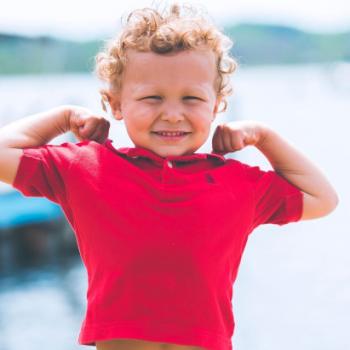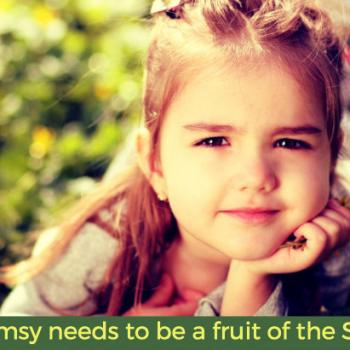
Doubt is an important part of faith. That may sound contradictory, but it is true.
Faith is “hope for things unseen.” We cannot see or know everything, but we hope nonetheless. That is the basis of faith. There is always an element of uncertainty.
Part of faith is becoming comfortable with that element of uncertainty. Part of faith is saying, “I do not know for sure, I might not ever know for sure, and that is okay.” When we pretend this uncertainty does not exist, we begin to lose faith. We lose faith by moving away from the beautiful unknown and towards fundamentalism instead. We move towards the falsity of certainty, in other words.
An important part of nurturing faith in children is allowing and encouraging them to doubt. Children need to have the freedom to question, to push back, to imagine new futures, to say, “But what if?” Children need to know that doubt is not antithetical to faith. Rather, doubt is not only permissible, but also healthy. Doubt enriches faith. Doubt is faith’s dance partner.
In many Christian circles, this would be considered heresy. Children who ask questions or push back against dogma are considered rebellious, troublemakers, or even evil. They are told that doubt is sinful. It is a sign of apostasy or the Devil making strongholds in their hearts. As a result, children associate faith with rash certainty. And when the everyday struggles of life crash upon them and their rash certainty is shattered, they believe they must abandon faith altogether. For if their faith is uncertain, they believe it is worthless.
But it does not have to be this way.
Struggling is normal. Questions are normal. Uncertainty is normal.
Rather than stuffing children’s minds with bible verse memorization and apologetics catch phrases, we should be allowing children to explore faith for themselves—on their own terms—in their own unique, childlike ways. This way, children can develop their own personal relationship with God.
In The Children’s God, clinical psychologist David Heller writes about how the rigid dogma of fundamentalism keeps children from exploring faith for themselves. Heller writes that fundamentalist religion makes adults “frequently act as go-betweens for the child and deity.” But Heller found that children in such environments “desire a more direct encounter or experience with their God.” This is difficult, however, because children “seem to feel that such encounters are forbidden; they also harbor much trepidation about foregoing the intercession of adults.” Ultimately, this leads children to “see religious practice as thoroughly out of their control. They occasionally appear as the small marionettes of religious theater, acting and revealing a prepared script” (p. 134-5).
Doubt is an important tool to fight back against such situations. We should be creating environments in which children can make faith—and doubt—their own, where they can have unmediated relationships with God without the interference of adults and adultist thinking.
As Heller says, children everywhere long for “a free atmosphere to discover what the nature of God might be” (p. 140).
Join us at Raising Children Unfundamentalist.












